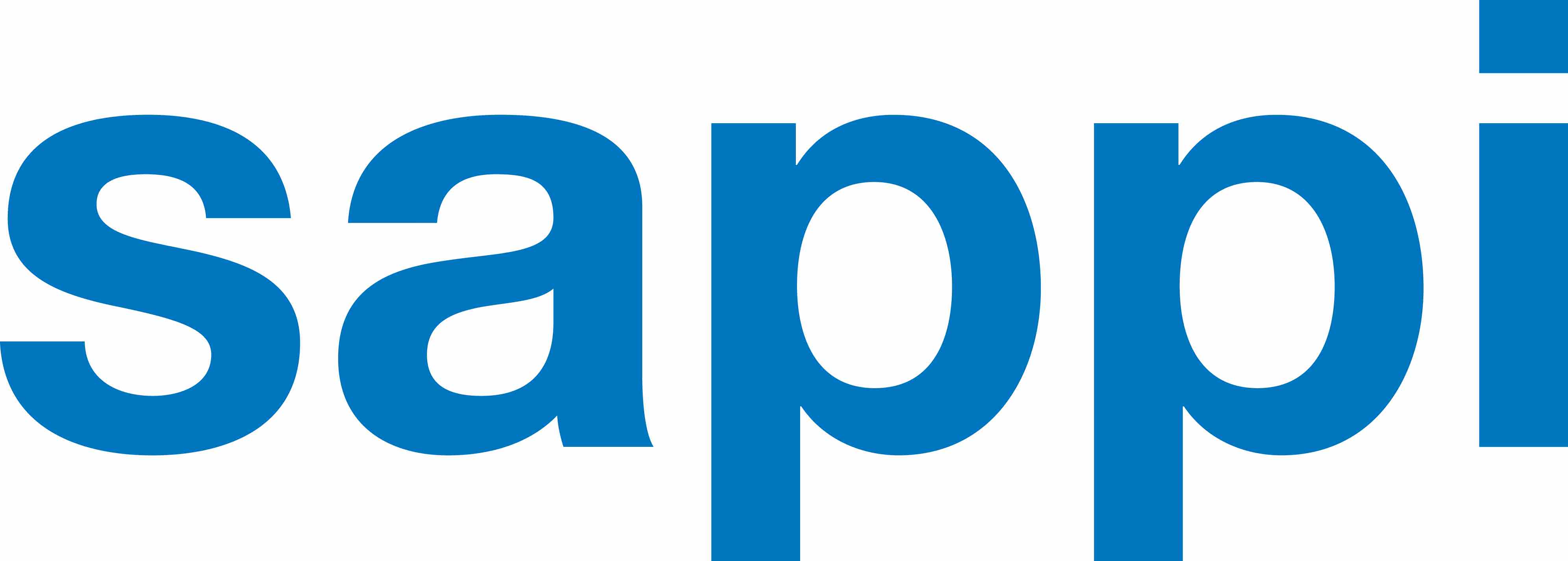 Sappi, a major pulp and paper producer has announced that its 2011 financial year was somewhat eventful, due to a major restructuring of its under-performing businesses as well as significant investment in future growth.
Sappi, a major pulp and paper producer has announced that its 2011 financial year was somewhat eventful, due to a major restructuring of its under-performing businesses as well as significant investment in future growth.
CEO Ralph Boëttger said:
"Our focus on strategic interventions and the important decisions we have taken have significantly reduced the cost base of the business, enabling us to better manage capacity and positioning us for growth."
The group announced a number of major investments in its North American operations. Sappi Fine Paper North America is to convert the Cloquet Kraft pulp mill to chemical cellulose at a cost of US$170 million. This is planned to come on line in 2013 and should allow the production of 330,000 metric tons of chemical cellulose per year.
Sappi also plans to upgrade coated paper capability at its Somerset Mill which it estimates will cost US$13 million.
Boëttger added that the investments reflect Sappi's confidence that the North American region can play a significant role in the global chemical cellulose market, complementing already strong market positions in release and fine papers.
Sappi however confirmed that conditions in many of its markets remained uncertain throughout the past quarter. In the chemical cellulose business, global demand showed some signs of softening largely as a result of lower growth in China although the group sold a record 190,000 tons of chemical cellulose during the quarter.
The cost base prices of Sappi's major inputs of wood, pulp, energy and chemicals were approximately US$290 million which was higher than in 2010 and affected margins in all of its businesses.
Boëttger also reported:
"The cost base has been reduced throughout company,” he said. “The restructuring and interventions that we have done are now starting to pay dividends - both fixed and variable costs are coming down. Overall our 2012 costs are expected to be significantly lower than 2011."
During the quarter, Sappi’s North American business and Southern African chemical cellulose business performed well, while the European business generated positive operating profit excluding special items.
For the full year Sappi reported a basic loss per share of 45 cents from earnings per share of 13 cents in 2010.
On a cautionary note, Boëttger said market conditions remained uncertain going forward, making it difficult to forecast demand globally.































